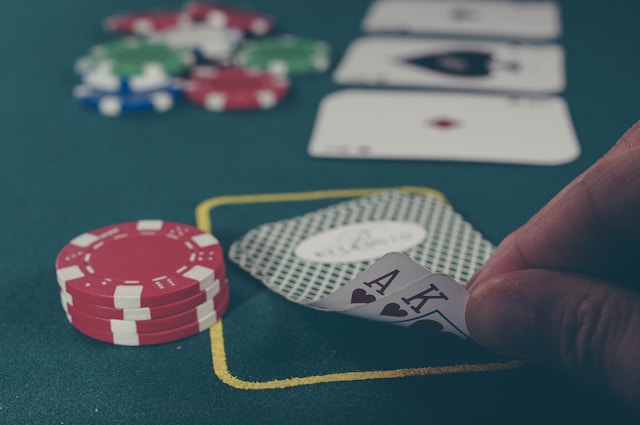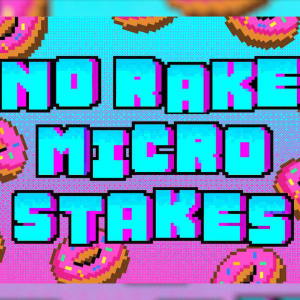Poker has always been seen as a game that’s hard to get into. For a long time, it’s been labelled as too technical or only for serious players, but that’s not true. Once you understand how it works, poker becomes one of the easiest games to pick up.
Poker is more accessible than ever
These days, it’s a lot easier to start playing poker. You don’t need to go to a casino or join some exclusive club. Some platforms let you play poker on your phone or laptop, and many of them are beginner-friendly.
One of the best places to start is with platforms found on gambling expert Andjelija Blagojevic’s list of new NY casinos. These sites come with good bonuses, a wide range of payment methods, including crypto, and quick withdrawals. That makes the experience smoother for new players who want to try the game without delays or complicated setups.
The game is easy to follow
What makes poker feel complicated from the outside is the way people talk about it. However, once you actually sit down and play, it’s clear how simple the game really is. In most cases, you’ll be playing Texas Hold’em poker. You get two cards, five cards go on the table, and your job is to make the best five-card hand you can.
There are only a few types of hands to remember, and the list doesn’t take long to learn. Hands like pairs, straights, flushes, and full houses will come up often, and once you see them a few times, they stick. The basic actions are simple, too. You can check, fold, bet, or raise. These actions repeat in every round, so they become second nature quickly.
You don’t need to master strategy right away
A lot of new players worry about things like bluffing or not, reading opponents, or making the “perfect” decision. None of that is needed when you’re just starting. In fact, many beginners do well just by playing strong hands and avoiding risky moves.
You can build confidence by sticking to hands that give you the best chance to win and folding the rest. That alone will help you avoid mistakes and learn the flow of the game. Over time, you’ll start noticing patterns and thinking more about position, betting sizes, and timing, but none of that has to happen on day one.
There’s no shortage of free help
Another reason poker has become easier to learn is because of how much free material is out there. You can watch tutorials online, read beginner guides, or use free apps to practice. These tools are everywhere and don’t cost anything to use.
You don’t need to know advanced math or memorize charts to get better. Just watching how other people play, learning from your own hands, and keeping notes on what works and what doesn’t can go a long way.
You control the pace
Poker doesn’t rush you. In most online games, you get a few seconds to think, and that’s more than enough time to figure out what to do. If you’re not sure, you can fold and wait for a better spot. This is one of the main reasons new players stick with the game. There’s no pressure to act fast or show off. You’re allowed to learn slowly, and that’s what helps the game feel less intimidating.
It’s not a game for experts only
One of the myths about poker is that it’s filled with professionals trying to outsmart each other. That’s not what most games look like. In real games, most players are casual and just playing for fun or to pass the time. You’ll find beginners at almost every table, especially at low stakes or on beginner-friendly sites. You don’t need to know everything to sit at the table. If you know the rules, understand what beats what, and can stay calm under pressure, you already have more than enough to play well.
You learn as you go
Most of the skills you need in poker come from playing more hands. The more you play, the easier it gets to make decisions. You start seeing when someone is bluffing or when it’s time to fold. You’ll make mistakes here and there, but those mistakes are how you improve. There’s no set timeline. Some players pick things up quickly, others take their time. What matters is showing up, learning from each session, and staying consistent.
It builds useful habits
Poker teaches you patience, focus, and how to handle pressure. It’s also good for learning how to manage money and avoid chasing losses. These are skills that stick with you even outside the game. Also, you don’t need to be a pro to benefit from them. Just playing once in a while sharpens your thinking and helps you become more disciplined with your decisions.
Conclusion
Poker is easier than it looks. Once you get past the myths, you’ll find a game that’s simple to learn, easy to access, and fun to play. You don’t need years of experience or expert knowledge to enjoy it. You just need to get started. Everything else comes with time.


